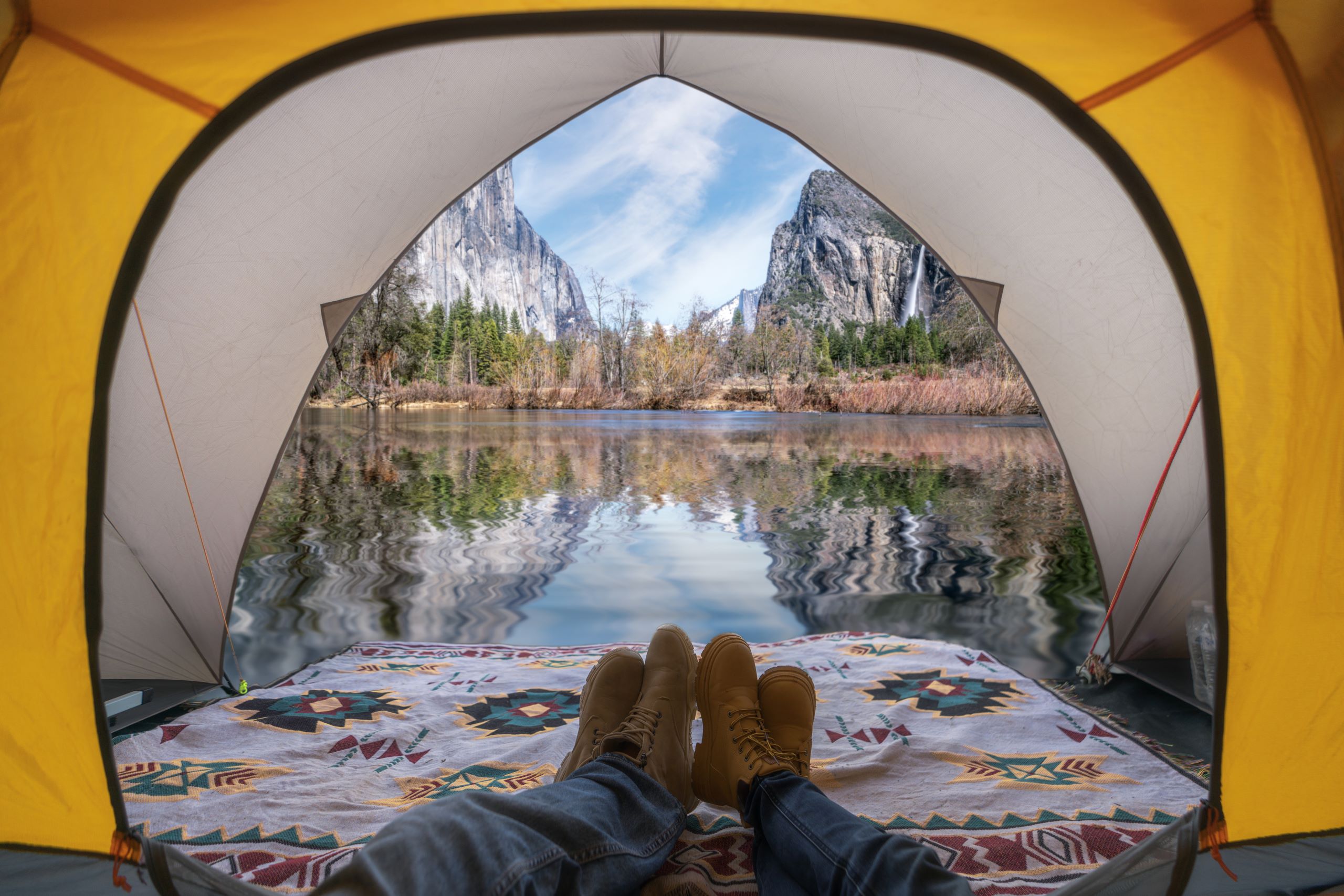
Finding a campground that suits your comfort zone, especially for adults 50+, involves considering factors that cater to your preferences for amenities, accessibility, and overall experience. Here are some tips to help you find the perfect campground:
1. Determine Your Comfort Level with Camping
- Types of Camping: Decide if you prefer tent camping, RV camping, or staying in a cabin. Each offers different levels of comfort and amenities.
- Amenities Needed: Consider what amenities are essential for you, such as electricity, running water, restrooms, showers, and laundry facilities.
2. Research Campground Facilities
- Senior-Friendly Amenities: Look for campgrounds that offer amenities like level campsites, accessible facilities, and easy-to-navigate pathways.
- Health and Safety: Ensure the campground has a good reputation for safety, cleanliness, and has medical facilities or emergency services nearby.
3. Consider Location and Accessibility
- Proximity to Home: Choose a location that is not too far from home to reduce travel stress.
- Accessibility: Ensure the campground is easily accessible by car and check if it has good road conditions.
4. Activities and Interests
- Local Attractions: Choose a campground near attractions that interest you, such as hiking trails, lakes, historical sites, or cultural events.
- On-site Activities: Look for campgrounds that offer activities like fishing, bird watching, or organized social events that cater to your interests.
5. Check Reviews and Ratings
- Online Reviews: Read reviews on websites like TripAdvisor, Yelp, or specific camping forums to get an idea of other campers’ experiences.
- Recommendations: Ask friends, family, or local camping clubs for recommendations.
6. Seasonal Considerations
- Best Time to Visit: Research the best times to visit the campground to avoid extreme weather conditions.
- Reservation Policies: Check the campground’s reservation policies and book in advance, especially if traveling during peak seasons.
7. Evaluate Costs
- Budget: Determine your budget for the trip and find campgrounds that offer the amenities you need within your price range.
- Additional Fees: Be aware of any additional fees for activities, amenities, or pet policies if you are traveling with pets.
8. Comfort and Convenience
- Level of Privacy: Some campgrounds offer more secluded sites, while others have closer, community-like setups. Choose based on your preference for privacy.
- Noise Levels: Consider campgrounds that enforce quiet hours if you prefer a more peaceful environment.
9. Health Considerations
- Accessibility Needs: If you have specific health requirements, ensure the campground can accommodate them, such as flat terrain for easier mobility or proximity to medical facilities.
- Climate and Allergies: Consider the climate and local flora/fauna, especially if you have allergies or respiratory conditions.
10. Trial Run
- Short Trips: Start with short camping trips to get a feel for what you enjoy and what you might need for longer stays.
- Local Campgrounds: Try out nearby campgrounds before venturing further afield.
By considering these factors, you can find a campground that matches your comfort zone and ensures a pleasant and enjoyable camping experience.
-Lữ Hành-
